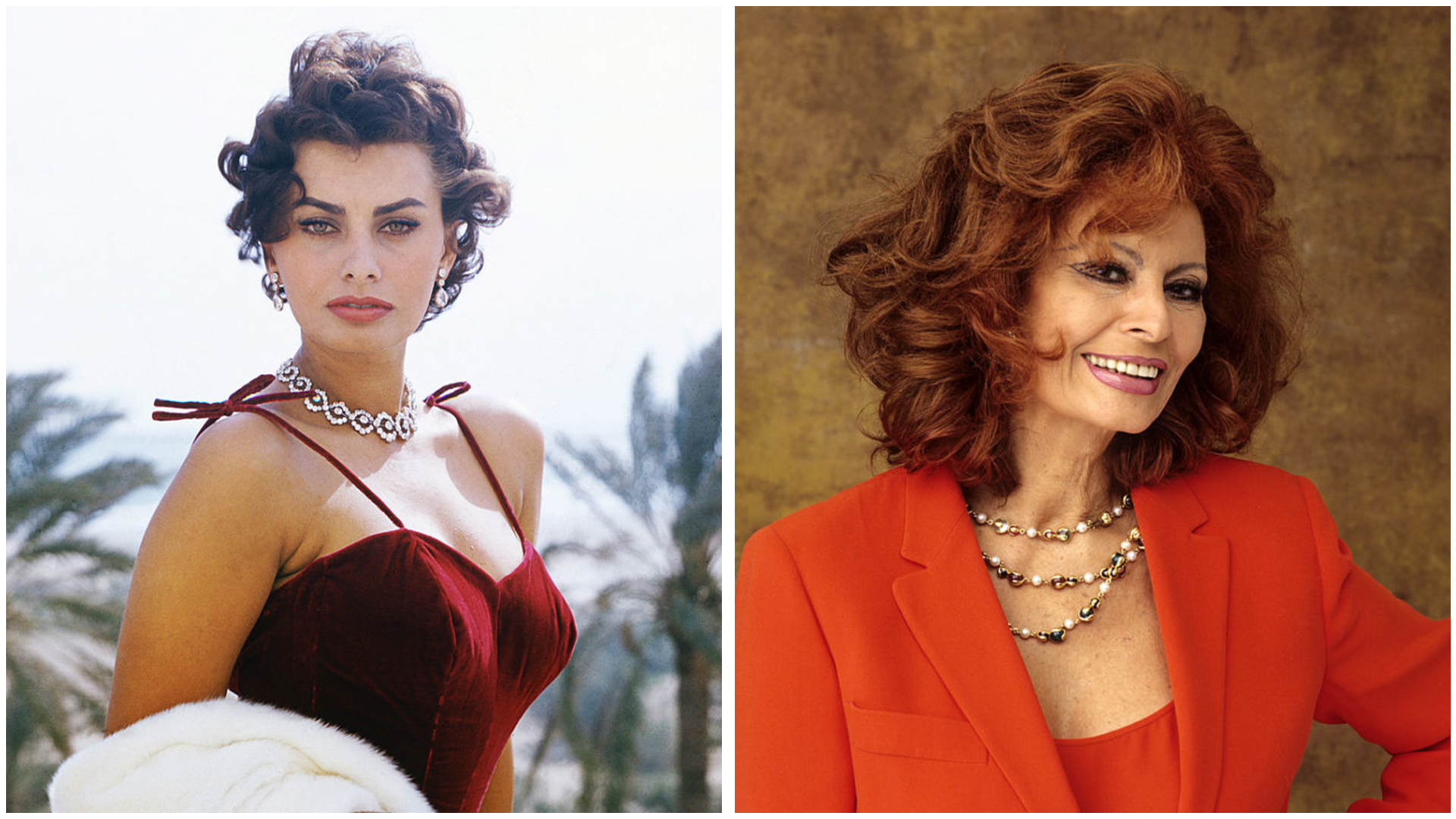Sophia Loren stands as an iconic figure in the world of cinema, embodying an extraordinary blend of talent, resilience, and grace that has captivated audiences for decades. Her life story is not merely that of a star; it is a remarkable journey that transforms adversity into triumph, showcasing the evolution of a young girl born into hardship into a celebrated actress and cultural icon.
Sophia Loren entered the world in 1934 in Rome, a city rich in history and culture. Born Sofia Villani Scicolone, her early years were marked by significant challenges. Her mother, a talented piano teacher and aspiring actress, struggled to support her family, a testament to the realities of single motherhood during that era. Despite her mother’s beauty, which once won her a contest for resembling a famous actress, the family faced poverty that deeply affected their lives.

The absence of her father loomed large in her early experiences. He was a fleeting presence, appearing only a handful of times throughout her childhood. This lack of paternal support created an environment filled with both emotional and financial instability. In her own words, Loren described the pain and humiliation her mother endured due to her father’s abandonment. This tumultuous upbringing would later shape her character and drive her ambitions.
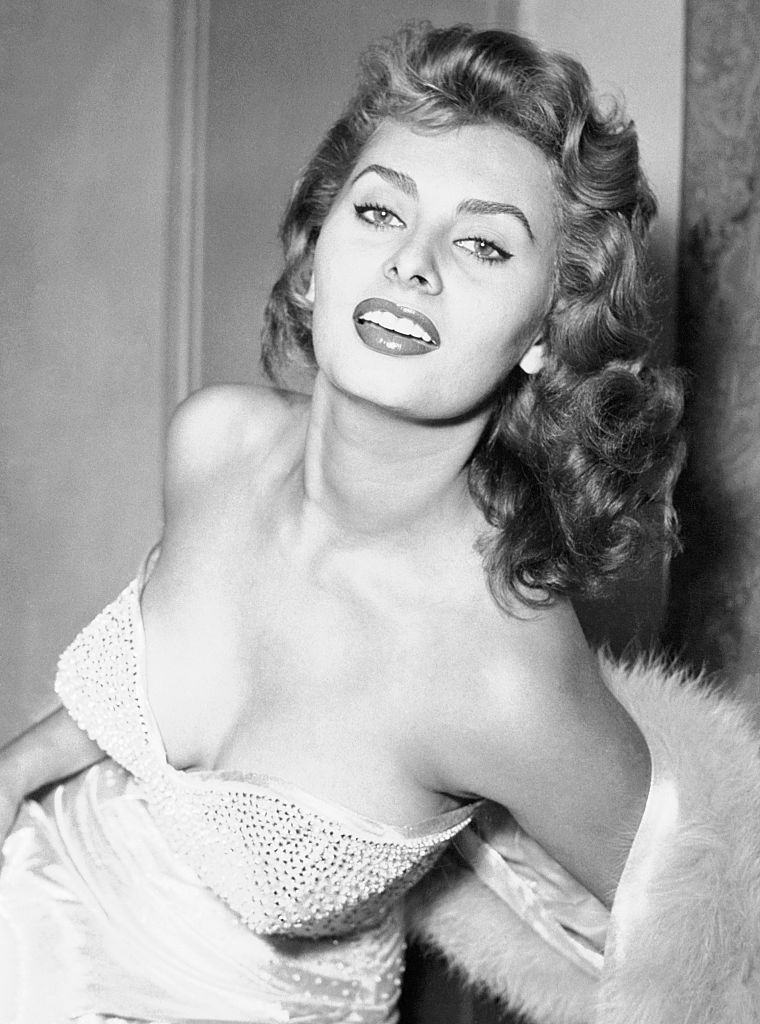
Living in cramped quarters with relatives, Sophia’s childhood was marked by the stark realities of poverty. Sharing a bedroom with multiple family members, she faced conditions so dire that at times, her mother resorted to extreme measures to provide for her children. The memories of those difficult years would linger, fueling her determination to forge a different path. As she reminisced about the challenges of her youth, Loren reflected on how the shadows of World War II, with its bombings and chaos, shaped her understanding of life. She vividly recalled moments of fear and vulnerability, including being injured by shrapnel during an air raid.
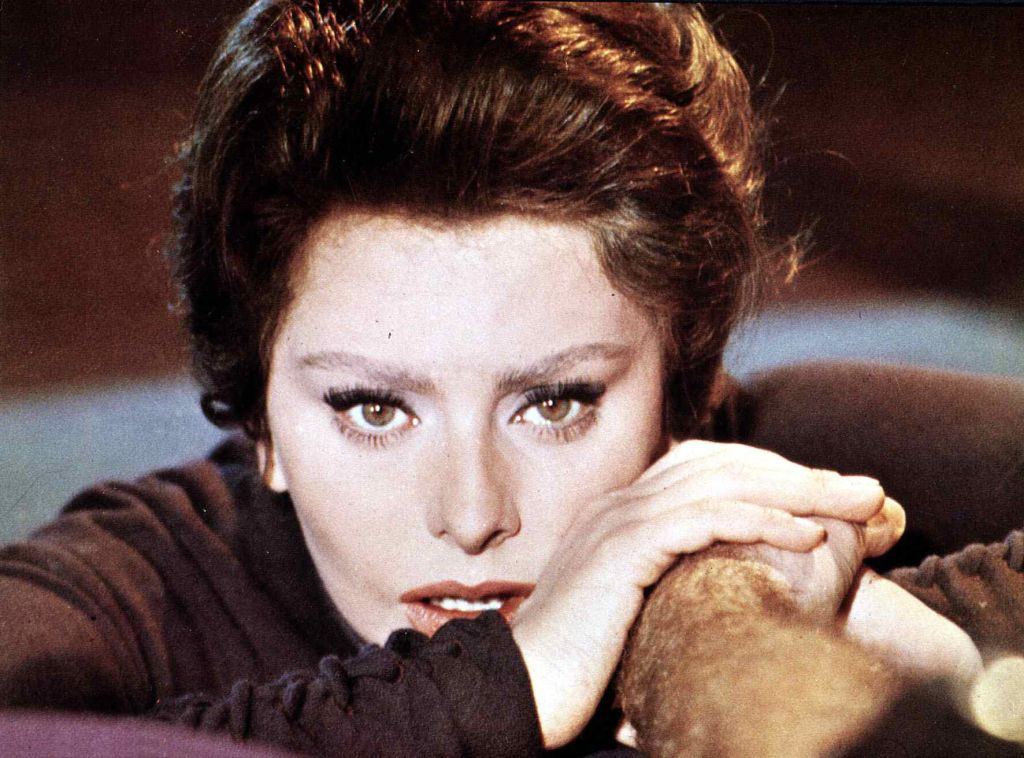
Despite these hardships, Sophia emerged from her youth with an indomitable spirit. Her beauty, initially critiqued by industry insiders, soon became a hallmark of her identity. Competing in the Miss Italia pageant in 1950 marked a pivotal moment in her life, providing her with the opportunity to enter the world of film. It was during this time that she began to understand the importance of patience in her personal evolution, both in her physical appearance and in her burgeoning career.
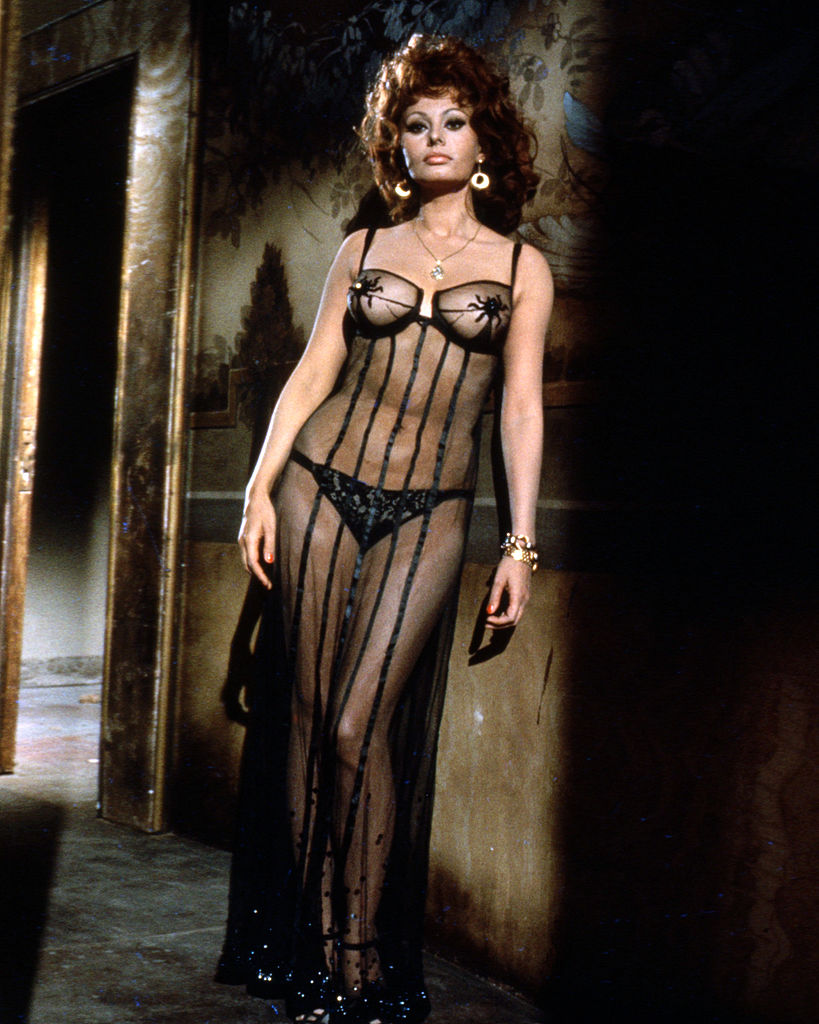
Her first significant break came when she was cast as an Ethiopian slave in the opera-based film Aida, a role that garnered critical acclaim. This was followed by collaborations with Hollywood legends, including Cary Grant and Frank Sinatra in The Pride and the Passion. Yet, it was her performance in Two Women that truly cemented her status as a leading actress, earning her an Academy Award for Best Actress—the first for a foreign-language film. This achievement was not just a personal victory but a landmark moment in cinema history.
Loren’s accolades did not stop with the Oscar. Her illustrious career included numerous awards, including five Golden Globes, a Grammy, and an honorary Academy Award, recognizing her lasting impact on the film industry. Each award was a testament to her talent and dedication, serving as a beacon of hope for aspiring artists from all walks of life.
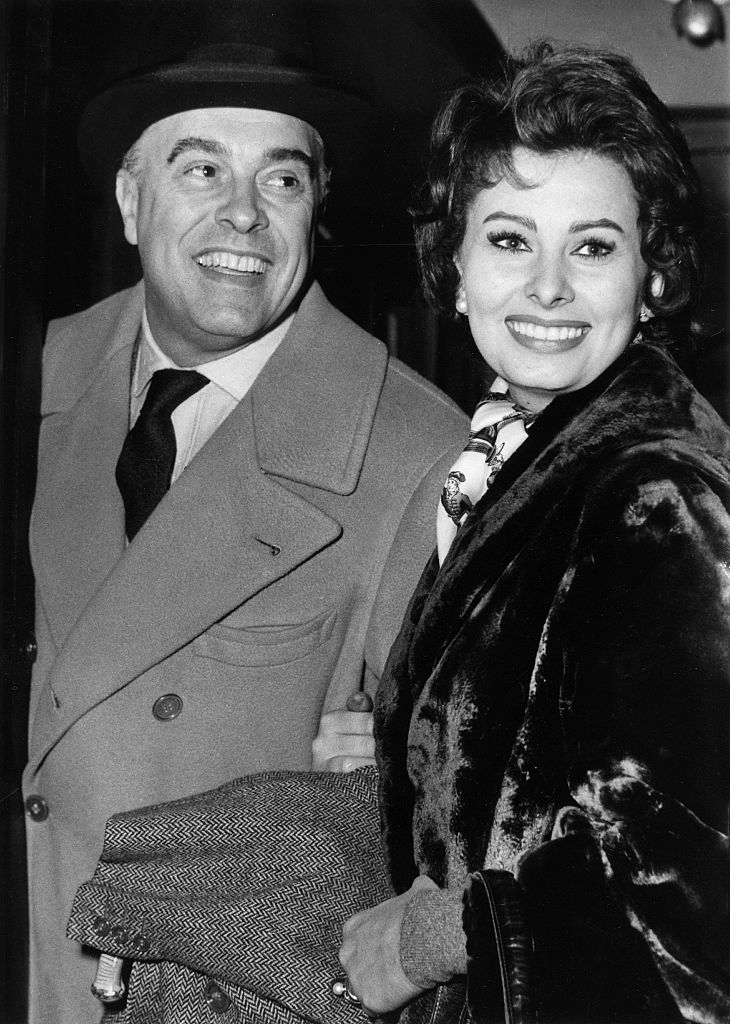
Her personal life, however, was not without its trials. Sophia’s marriage to Carlo Ponti, an influential Italian film producer, was riddled with complications. Their initial union was marred by legal challenges, as Ponti’s previous marriage created issues of bigamy that led to an annulment. Yet, their love endured, showcasing a partnership rooted in mutual respect and shared dreams. The couple eventually resolved their legal troubles by becoming French citizens, allowing them to marry legally.
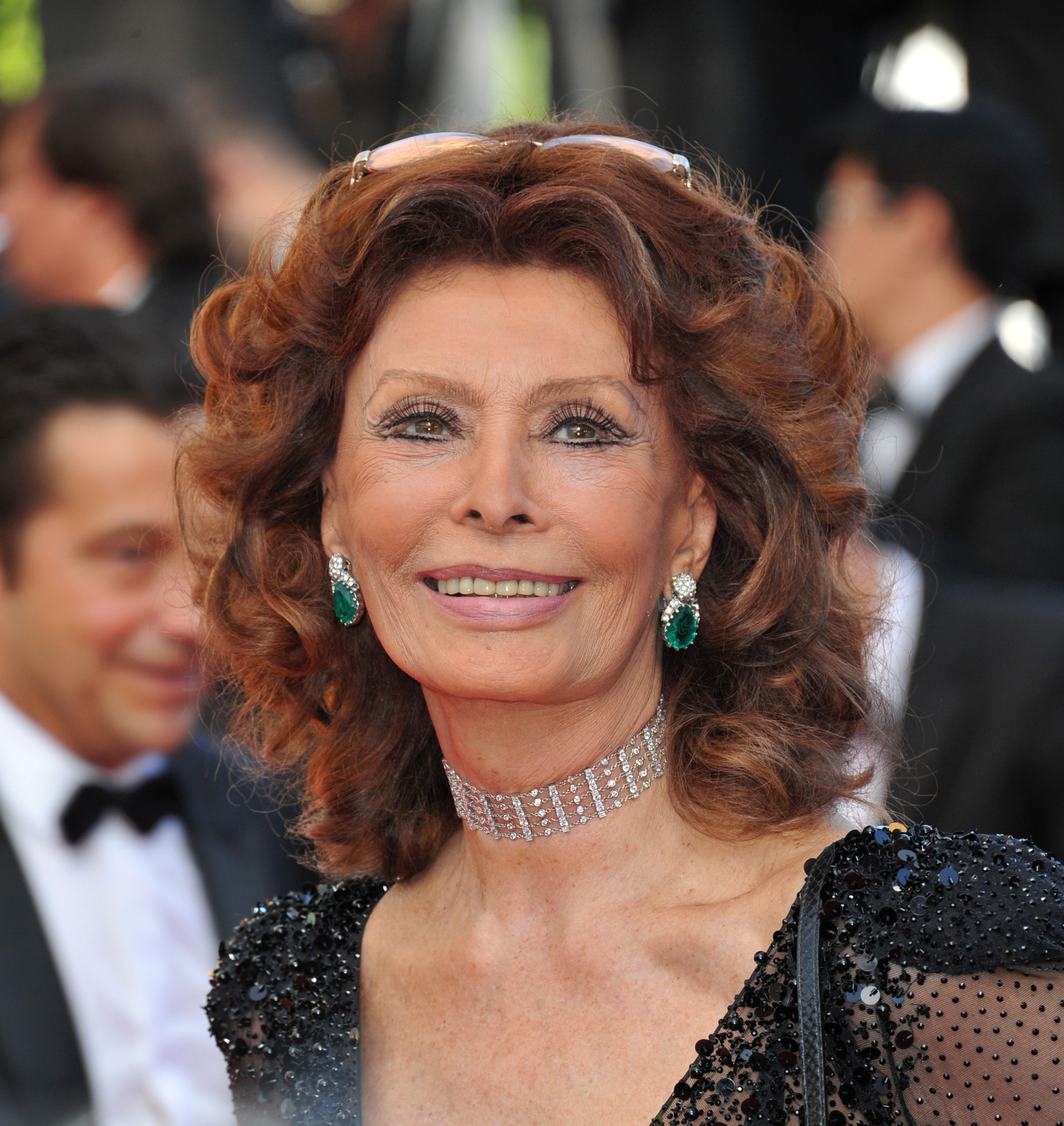
Throughout their marriage, Loren and Ponti welcomed two sons, Carlo Jr. and Eduardo, who followed in their mother’s footsteps within the arts. As a mother, Loren was determined to provide a nurturing environment for her children, striving to create the stable home life she had longed for during her own childhood.
Despite the glitz and glamour that surrounded her, Loren never lost sight of her values. She often emphasized the importance of character over appearance, asserting that true beauty emanates from within. Her reflections on self-image and personal growth resonated with many, as she navigated the complexities of fame while remaining grounded in her identity.

As she approached her later years, Loren continued to defy age-related expectations, both in her personal life and career. Even in her nineties, she showcased her talent in the film The Life Ahead, directed by her son, bringing to life the character of Madam Rosa, a Holocaust survivor. In this role, she drew on her own experiences, blending her past with her artistic expression in a poignant reflection of resilience.
In addition to her acting career, Loren embraced her entrepreneurial spirit, launching two restaurants in Italy, one of which opened recently in Milan. Her love for food is well-documented, and she often speaks about the joy it brings her. With a delightful sense of humor, she quipped that no director could ever convince her to give up her beloved pasta, showcasing her zest for life even as she engages in her culinary passions.
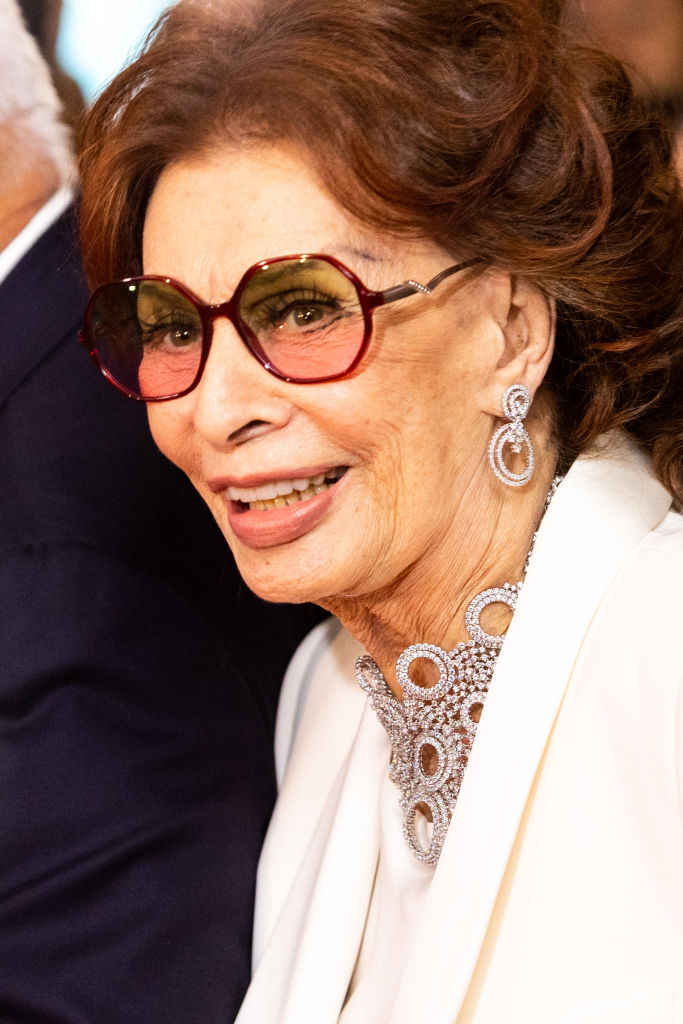
Loren’s story is not just one of success; it is a narrative rich in lessons about perseverance, authenticity, and the power of love. Her journey from a girl facing adversity to a celebrated global icon serves as an inspiration to many. The challenges she overcame, combined with her incredible talent and determination, underscore a remarkable legacy that continues to thrive.
Today, as she reflects on her life, Loren remains a symbol of hope and strength, reminding us all that true beauty transcends physical appearance and is rooted in the experiences we share and the love we give. Her journey is a powerful testament to the human spirit, a legacy that will continue to inspire generations to come.
